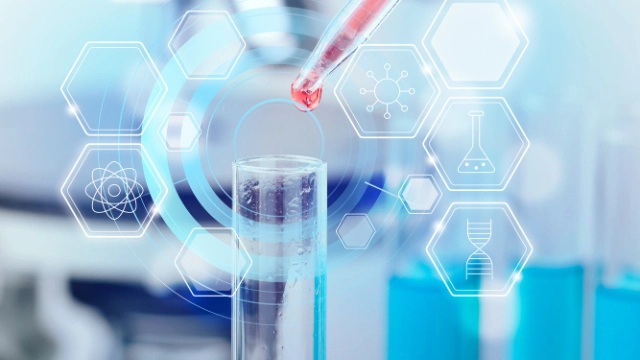Pathology
Last Update Date: 9/18/2025 9:53:42 AM
What is Pathology?
Pathology is a branch of medicine that studies the causes, mechanisms, development and effects of diseases. Pathologists diagnose diseases by examining various medical samples, such as biopsies and autopsies, determine their causes, and provide information that will help in clinical treatment and management.
What Does Pathology Deal with?
Pathology is a branch of medicine that studies the causes, mechanisms and effects of diseases in general. Pathologists diagnose diseases by examining tissues and cells under a microscope, and these analyzes are usually performed on materials obtained from medical samples, such as surgical biopsy, cytology samples, or autopsy. Here are some examples of diseases that pathology focuses on:
- Cancers: Determination of the type, stage and degree of malignancy of tumors. Analysis of the properties and behavior of cancer cells.
- Infectious Diseases: Diagnosis and classification of bacterial, viral, fungal and parasitic infections. Evaluation of the effects of microorganisms on tissues.
- Immunological Diseases: Diagnosis of autoimmune diseases. Investigation of diseases related to the immune system.
- Metabolic Diseases: Diagnosis of genetic and metabolic diseases such as phenylketonuria, hypothyroidism. Evaluation of metabolic disorders in organs.
- Cardiovascular Diseases: Investigation of changes in heart tissue and vascular diseases. Evaluation of tissue damage after a myocardial infarction (heart attack).
- Neurological Diseases: Diagnosis of neurodegenerative diseases, for example Alzheimer's and Parkinson's disease. Evaluation of neurological lesions.
- Gastrointestinal Diseases: Diagnosis of the diseases of stomach, intestine and liver. Examination of conditions such as inflammatory bowel diseases.
- Endocrine Diseases: Diagnosis of diseases related to the endocrine system, such as diabetes and thyroid diseases. Evaluation of hormonal imbalances.
- Hematological Diseases: Diagnosis of blood cancers (lymphoma, leukemia) and blood diseases. Evaluation of hemolytic anemias and other hematological conditions.
- Diseases of the Respiratory System: Diagnosis of lung infections and respiratory diseases. Evaluation of changes in lung tissue.
Liv Hospital Pathology
The Pathology Department of Liv Hospital is equipped with state-of-the-art equipment and a wide range of tests, which allows accurate and precise diagnoses to be made. The expert pathologist team provides reliable and effective treatment plans to its patients by making detailed analysis of diseases with its deep knowledge and experience. The expertise of the physicians and the wide capacity of the laboratory have positioned Liv Hospital as a leading medical institution in the field of pathology.

















